International
North Korea amends its constitution and defines the South as a “hostile state”
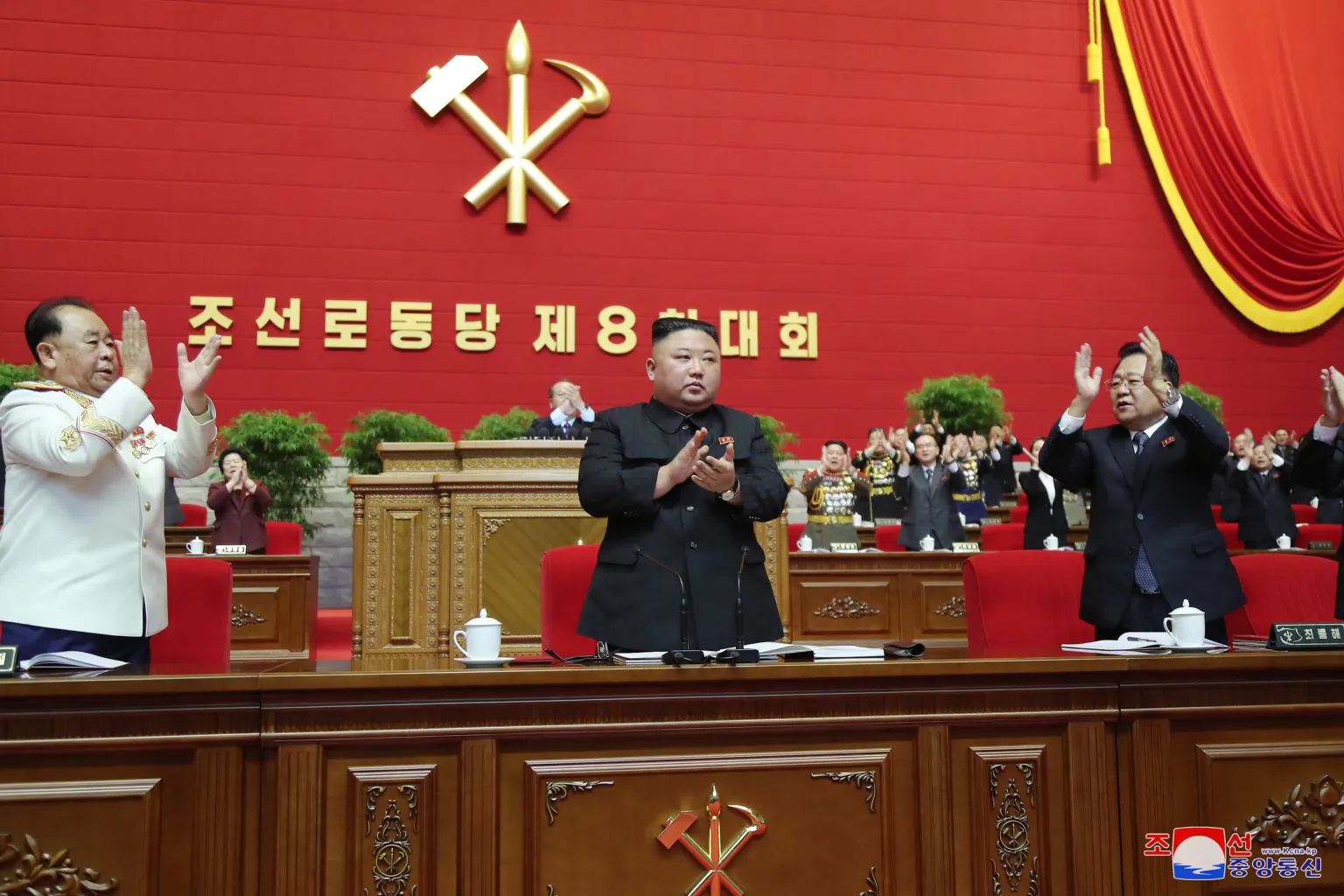
North Korea confirmed some details about its recent constitutional amendment, where it has defined the South as a “hostile state”, in the first modification of its magna carta that eliminates references to a possible reunification.
“This is an inevitable and legitimate measure, in which South Korea is clearly defined as a hostile state, and it is due to the serious security circumstances that lead to the brink of war by the political and military provocations of hostile forces,” the North Korean state agency KCNA published today.
Changes in North Korea
Last week, North Korea concluded an important parliamentary session in which it was planned to amend its Constitution, but did not reveal any details about the changes then, although it did say that the vote had been held unanimously.
It was already expected that in this amendment references to reunification with the South would be removed and national borders would be redefined, as the country’s leader, Kim Jong-un, had ordered.
Kim urged to reflect that the South – with which relations have been non-existent in the last five years – is the main national enemy, to eliminate clauses related to reunification and to clarify what the territorial limits of the country are, including the disputed western maritime border.
Zero dialogues with the South
Experts believe that Kim’s desire to discard dialogue, formalize the existence of two clearly differentiated states in the peninsula and unilaterally define the northern borders can further worsen the terrible atmosphere that is breathed in the region.
Pyongyang’s constitutional amendment comes in a context of renewed resurgence of tensions with Seoul, after the latter’s Army fired shots south of the border with the North on Tuesday in response to the detonations used by the latter to destroy sections of roads in its territory that connect both countries.
The detonations occurred in northern sections of the Gyeongui and Donghae corridors and after Pyongyang announced last week that it was going to cut all transport routes to the neighboring country.
International
DOJ and FBI officially deny Jeffrey Epstein ‘client list’ conspiracy theories
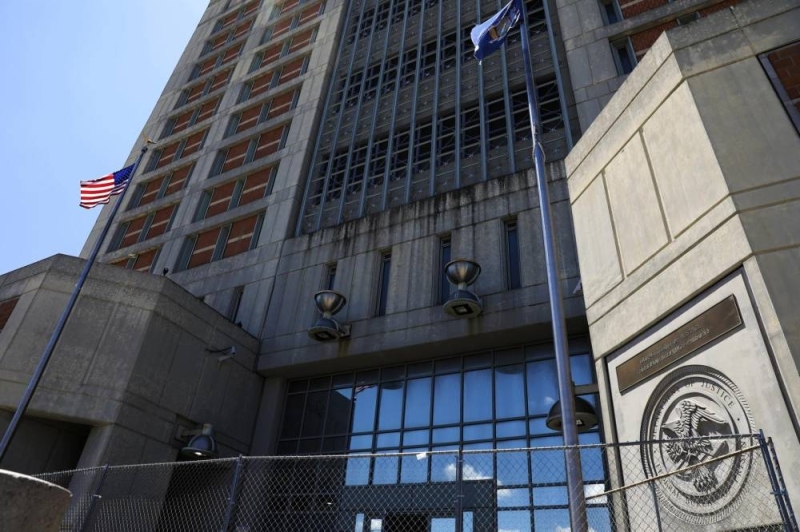
A U.S. Department of Justice (DOJ) and FBI investigation concluded that financier Jeffrey Epstein, accused of sex trafficking minors, did not maintain a “client list” for blackmail purposes and confirmed his death by suicide in a New York prison in 2019, according to reports from U.S. media on Monday.
The findings, detailed in a memo reviewed by Axios and ABC News, mark the first official denial of conspiracy theories alleging a list of influential personalities connected to Epstein and a possible murder to silence him.
The DOJ and FBI also reviewed several hours of video footage confirming that no one entered the area of the Manhattan jail where the 66-year-old billionaire took his own life while awaiting trial on charges of sex trafficking minors, aided by his associate Ghislaine Maxwell, who was prosecuted and convicted of similar crimes.
The evidence review was ordered by the Trump administration after officials like Attorney General Pam Bondi pledged to release files related to the federal government’s investigations into the case.
Epstein’s death prevented the trial from taking place, leading some in American society to demand that the Department of Justice make public the list of accomplices and clients, as well as flight logs of his private plane to the island he owned in the Virgin Islands, where some abuses reportedly occurred.
The new memo from the U.S. Justice Department warned that it will not release more investigation records and emphasized that one of its main “priorities” is “combating child exploitation and delivering justice to victims.”
“Perpetuating unfounded theories about Epstein serves none of these purposes,” the document states, according to ABC News.
International
Iranian president says Israel tried to assassinate him, warns U.S. against war
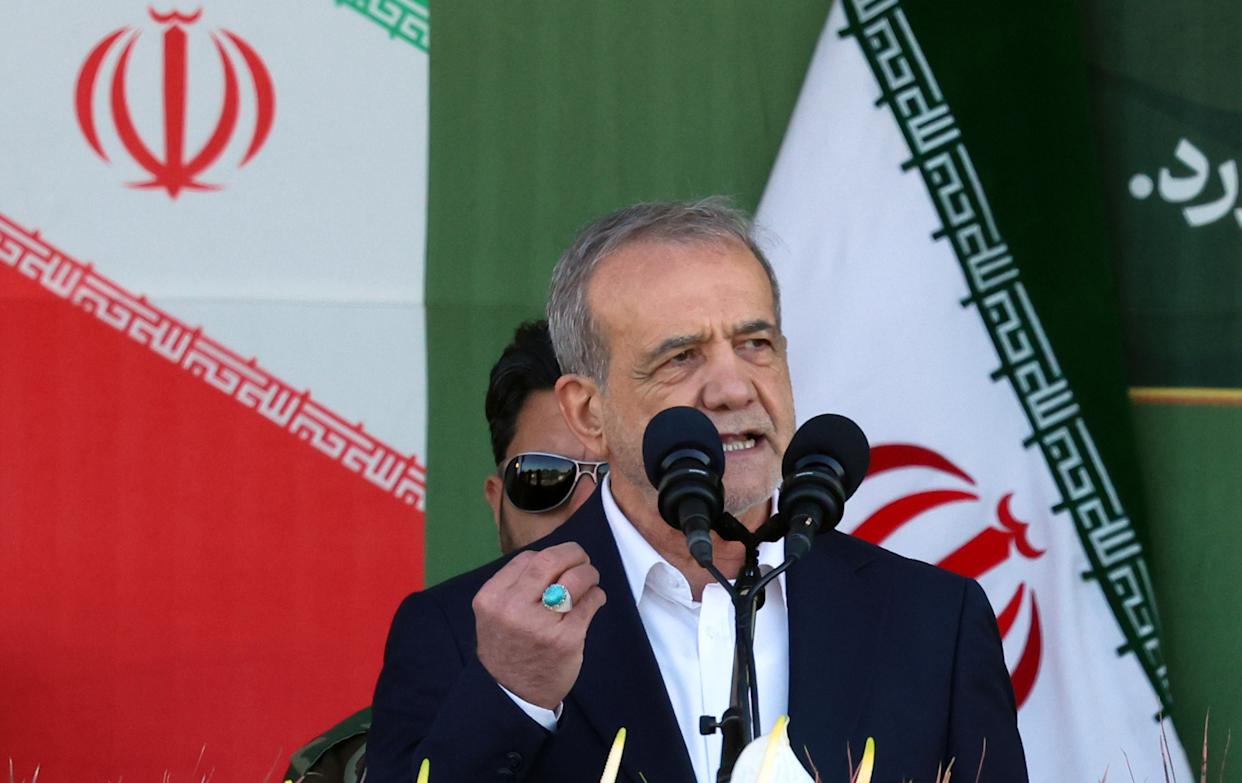
Iranian President Masoud Pezeshkian claims Israel attempted to assassinate him during a high-level meeting, but Iranian intelligence thwarted the plan, he revealed in an exclusive interview — not to a traditional news outlet, but to far-right journalist Tucker Carlson, a close ally of former U.S. President Donald Trump.
The interview was published last night on Carlson’s X account. Carlson anticipates criticism for conducting the interview but defends it by saying Americans need to understand the perspective of a country “we went to war with ten days ago, and maybe will again.”
When Carlson asks if Israel tried to kill him, Pezeshkian replies: “Yes, they tried, and acted accordingly, but they failed.” Asked for details, Pezeshkian explained: “It was during a meeting. We were discussing ways to move forward, but thanks to intelligence services and their clues, we knew they tried to bomb the area where we were gathered.”
He quickly clarified: “Of course, it was not the United States trying to end my life, it was Israel (…) I ask the U.S. not to be deceived by Netanyahu, not to be dragged into this kind of war,” a warning he repeats throughout the half-hour interview.
Relaxed in a chair, Pezeshkian answered all questions. On whether he will allow the return of International Atomic Energy Agency (IAEA) inspectors — after suspending cooperation last week — he said it is not ruled out but currently technically impossible.
“We have never been the ones to withdraw from inspections. We are ready to undergo those verifications, but unfortunately, due to illegal U.S. attacks on our nuclear sites and facilities, many parts and equipment have been severely damaged. So now we don’t have access to them,” he explained.
It is notable that Iran granted this interview to Carlson, a well-known isolationist within the Trump sphere, who, alongside ideologue Steve Bannon, opposes U.S. involvement in foreign wars that come at high economic, political, and human costs.
Carlson asked if Iran planned to assassinate Donald Trump or if it has “sleeper cells” ready to attack on U.S. soil. Pezeshkian dismissed both claims lightly: “That’s what Netanyahu wants you, the president of your country, to believe, but it’s false because Netanyahu has his own agenda—to push the U.S. into an endless war.”
International
Sheinbaum urges unity and respect after clashes over gentrification in Mexico City
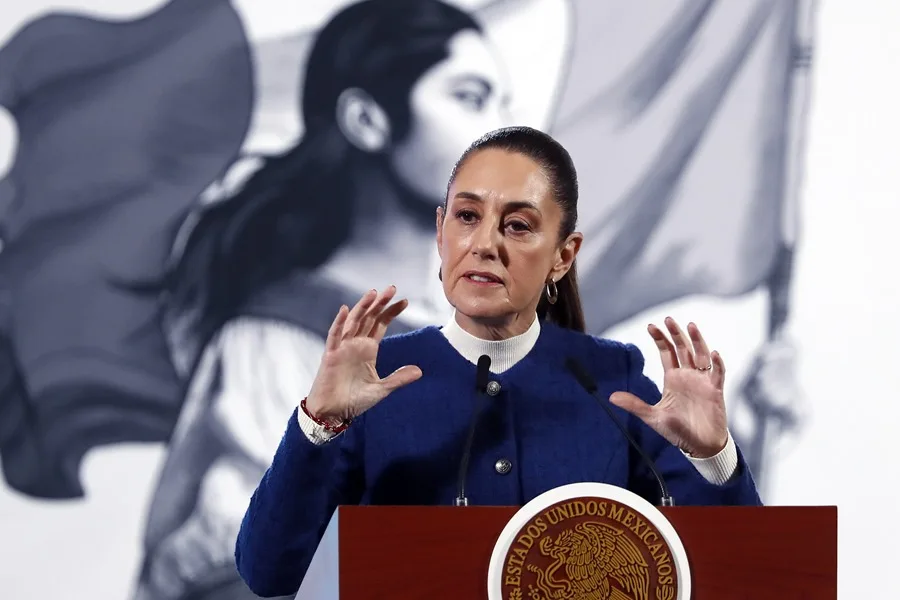
Mexican President Claudia Sheinbaum addressed the protests in Mexico City on Monday, which erupted over the weekend amid complaints of gentrification and urban inequality.
The demonstrations took place in the Condesa neighborhood, where protesters claim rising rents driven by an influx of foreigners have altered the daily lives of longtime local residents.
However, the protests escalated into clashes with local police and included discriminatory remarks toward officers and citizens.
In a strong message, Sheinbaum condemned hate speech and urged citizens to reject all forms of discrimination. “All Mexicans must clearly reject discrimination — no to racism, no to classism, no to xenophobia, no to machismo, no to discrimination. All human beings are equal and no one should be treated as less. (…) Discrimination is also a criminal offense.”
“Any man or woman who wants to live in Mexico City or anywhere in our country must respect us just as we must respect them. But these attitudes are not exclusive to foreigners living in Mexico, we also saw them in many marches last year,” the president added.
Regarding the violent incidents shared on social media, Sheinbaum said: “Gentrification is a phenomenon that must be addressed, but xenophobic behavior cannot be justified. That’s unacceptable. Anyone who comes to live in our country will be welcomed as long as they respect the laws, the rules, and appreciate the wonderful people of Mexico.”
She also highlighted Mexico’s long-standing tradition as an open and supportive country that has welcomed refugees and migrants from various nationalities during critical moments in the 20th century.
-

 International4 days ago
International4 days agoJulio César Chávez Jr. faces charges in Mexico after U.S. arrest
-

 International4 days ago
International4 days agoMexico’s president blasts ‘Inhumane’ U.S. migration law
-
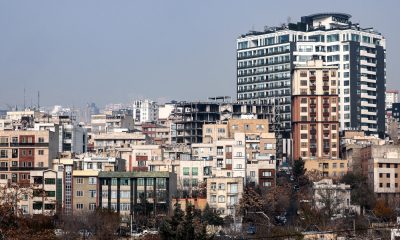
 International5 days ago
International5 days agoTehran airports resume operations as Iran lifts airspace closure
-
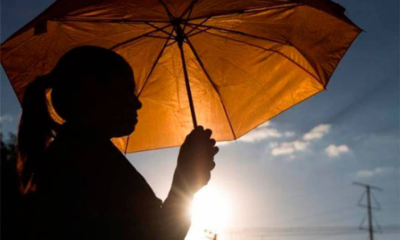
 International4 days ago
International4 days agoEurope faces a summer of heatwaves and wildfires, Red Cross warns
-

 International4 days ago
International4 days agoDenmark takes Trump’s Greenland threats seriously, rules out military annexation
-

 International5 days ago
International5 days agoMan attacks passengers with axe on german ICE Train
-

 International2 days ago
International2 days agoSalvadoran Day USA 2025 canceled amid fears of immigration raids
-

 International2 days ago
International2 days agoTexas Floods: Death toll rises to 68, dozens still missing
-
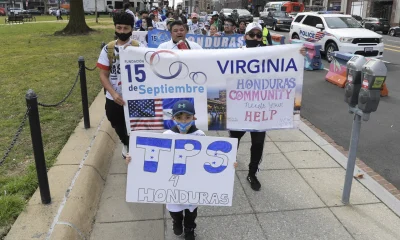
 International18 hours ago
International18 hours agoHonduras regrets U.S. decision to end TPS for 72,000 hondurans
-

 International18 hours ago
International18 hours agoGunman killed after shooting outside Texas Border Patrol Building
-

 International18 hours ago
International18 hours agoRussian ex-transport minister found dead after dismissal by Putin
-

 International18 hours ago
International18 hours agoIranian president says Israel tried to assassinate him, warns U.S. against war
-

 International18 hours ago
International18 hours agoBolsonaro thanks Trump for support amid Brazil coup trial
-

 International18 hours ago
International18 hours agoSheinbaum urges unity and respect after clashes over gentrification in Mexico City
-
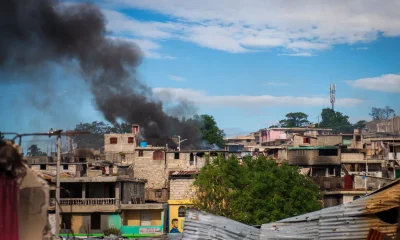
 International18 hours ago
International18 hours agoTrump ends TPS for haitians as gang violence surges in homeland
-
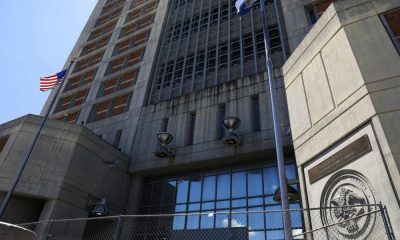
 International18 hours ago
International18 hours agoDOJ and FBI officially deny Jeffrey Epstein ‘client list’ conspiracy theories




















